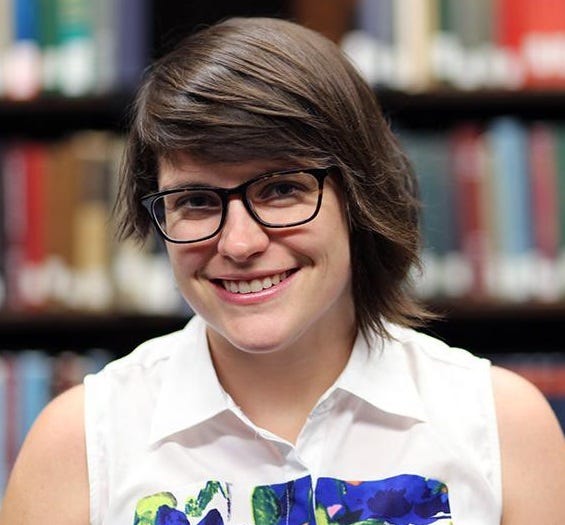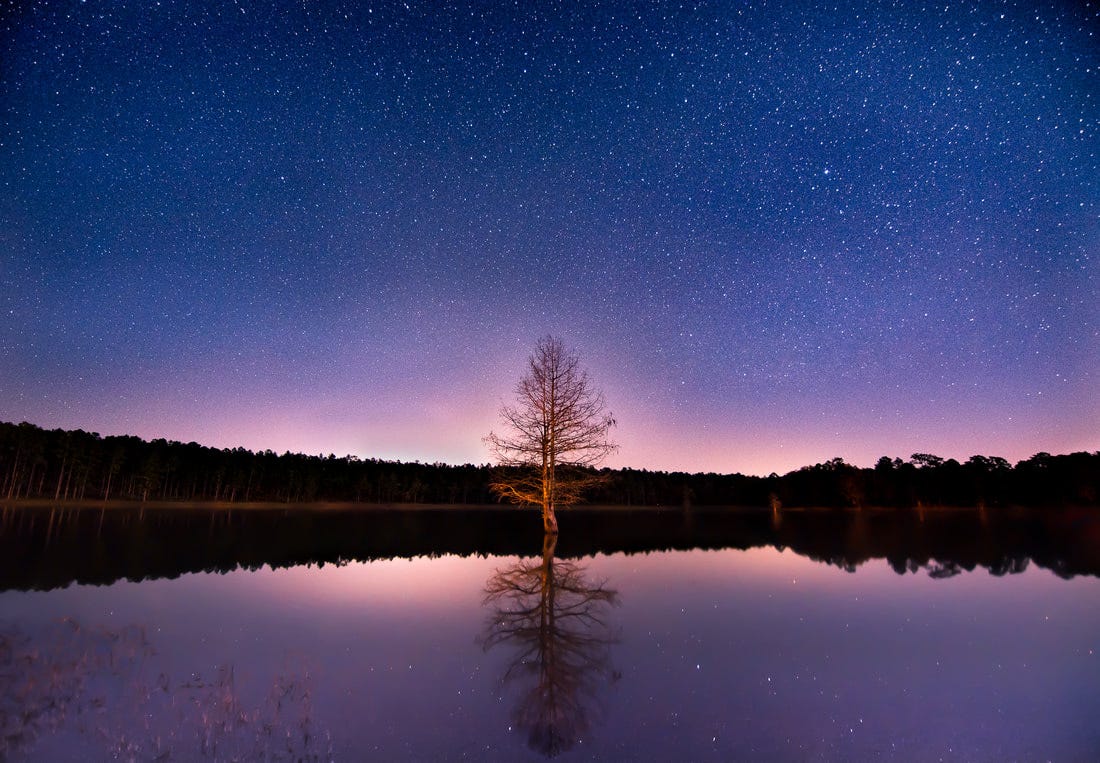Emily Colleen McWilliams (Duke Kunshan University), "Evidentialism and Epistemic Duties to Inquire"
The Philosophical Quarterly, 2023
Recent years have seen a lot of compelling work that expands the boundaries of epistemology. Work on topics like social epistemology, feminist epistemology, political epistemology, inquiry, and epistemic care helps us understand who we can and should be as epistemic agents and inquirers, both individually and in relation to each other. This work embodies epistemology’s potential for real-world impact. It’s exciting. And in our current global political climate, it’s urgent.
But some epistemologists – like traditional evidentialists about justification – think that the relationship between our doxastic states and our evidence is all that is epistemically evaluable. This idea is well-established, so it sometimes acts as a fixed point in conversations about epistemology and epistemic value. Fixed points often cause us to talk past one another. My paper is part of an effort to bridge the gap between traditional and expansive conceptions of epistemology. I ague that even traditional evidentialists are plausibly committed to a more expansive picture of epistemic value and epistemic normativity than they think they are.
I focus on the epistemic duty to inquire. Traditional evidentialists say that our epistemic duties are exhausted by the narrow duty to believe well – to have beliefs that are proportioned to and based on our evidence. So, if we have duties to inquire, they are not epistemic duties.
I push back, arguing that when we flesh out what this narrow duty to believe well involves for evidentialists, we find that there are cases where it already involves a duty to inquire. This is because in cases where our evidence is complex, inquiry is a necessary constitutive means of forming beliefs that are proportioned to and based on our evidence.
The argument relies on two claims: (1) When our evidence is complex (when discerning what doxastic attitudes it supports requires cognitive activity), reflection is a necessary constitutive means of forming such beliefs. And (2) Sometimes, that reflection just is a way of gathering more evidence; that is, a way of inquiring.
Evidentialists are not in principle committed to these two claims. Whether they must endorse them depends on their views of evidence possession. I look specifically at Feldman’s, McCain’s, and Stapleford’s accounts of evidence possession. These are the folks who have developed evidentialist theories of justification in the most detail, and they argue explicitly that although we have epistemic duties to believe well, we do not have epistemic duties to inquire.
Given the details of their accounts, my argument takes the form of a dilemma. I argue that each of them must either commit to the two claims or to views of evidence possession that result in independently implausible theories of justification.
The paper is focused on cases where inquiry is a necessary constitutive means of forming doxastically justified beliefs, because doing so involves thinking through the evidence we already have, which can involve gathering more evidence. But I am also motivated by the broader idea that as epistemic agents and believers, inquiry is one of our basic modes of engagement with the world. It is ubiquitous. For example, I do landscape photography as a hobby (see below).
Landscape photography is a kind of inquiry—a visual snapshot of a particular environment. It is a form of humanistic and aesthetic inquiry. Scientific inquiry examines environments like these in different ways—through anthropology, chemistry, biology, and so on. Part of what it is to be the kind of believers and knowers we are is to be inquirers. From this perspective, the evidentialist idea that the agent’s role as an inquirer is irrelevant to the epistemic evaluation of her beliefs is bizarre. This is a theme that I have addressed in other recent work (McWilliams 2021a; McWilliams 2021b). I think we should develop an understanding of epistemic value and epistemic normativity that is more complex and expansive – like these landscapes.
Check out the full paper here or email me (emily.mcwilliams@duke.edu) for a copy.









It's such a strange use of believe. A fixed point perhaps? I'll inquire.